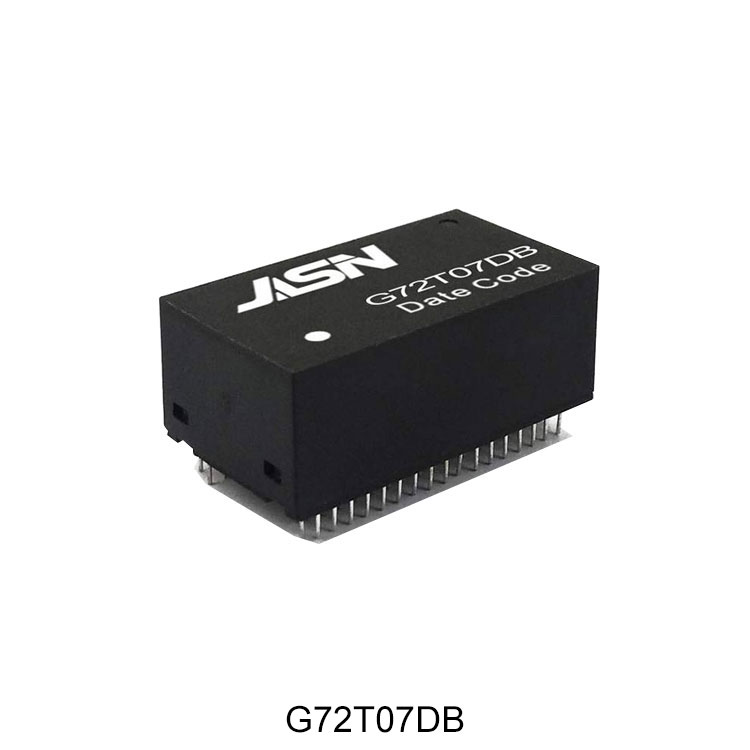Magnetics Modules: Essential Components for Efficient Electrical and Electronic Systems
2025-06-19
Magnetics modules are critical building blocks in many electrical and electronic systems, serving vital roles in power management, signal processing, and electromagnetic interference (EMI) suppression. Whether in consumer electronics, industrial machinery, or renewable energy solutions, magnetics modules ensure efficiency, reliability, and performance.

What Are Magnetics Modules?
Magnetics modules are integrated components that incorporate magnetic elements such as inductors, transformers, chokes, and coils within a single package or assembly. These modules simplify circuit design by combining multiple magnetic components, providing optimized performance and saving space on printed circuit boards (PCBs).
Key Functions of Magnetics Modules
Power Conversion and Regulation
Transformers and inductors in magnetics modules help convert voltages, regulate current flow, and smooth power signals in power supplies and converters.
Signal Isolation and Transfer
Transformers enable safe signal transmission by electrically isolating different parts of a circuit, protecting sensitive components.
Noise Reduction and EMI Suppression
Chokes and inductors filter unwanted electromagnetic noise, improving overall system stability and compliance with regulatory standards.
Energy Storage
Inductors store energy temporarily in magnetic fields, crucial in switching power supplies and DC-DC converters.
Advantages of Using Magnetics Modules
Compact Design
Integration of multiple magnetic components reduces PCB space and simplifies assembly.
Improved Performance
Modules are designed for optimized magnetic coupling and minimal losses.
Ease of Implementation
Ready-to-use modules shorten design cycles and reduce engineering complexity.
Enhanced Reliability
Pre-tested modules ensure consistent quality and reduce failure rates.
Customization
Many manufacturers offer tailored magnetics modules to meet specific application requirements.
Common Applications of Magnetics Modules
Power Supplies
Used in AC/DC adapters, DC/DC converters, and uninterruptible power supplies (UPS).
Telecommunications
Enable signal integrity and isolation in networking equipment.
Automotive Electronics
Support battery management, charging systems, and inverters.
Renewable Energy Systems
Play a role in solar inverters, wind turbines, and energy storage solutions.
Industrial Automation
Used in motor drives, sensors, and control systems.
Choosing the Right Magnetics Module
Electrical Specifications
Consider voltage, current ratings, inductance, and frequency range.
Thermal Performance
Ensure the module can handle operating temperatures without degradation.
Size and Form Factor
Match the module to your PCB layout and enclosure constraints.
Compliance and Standards
Look for certifications relevant to your industry and application.
Final Thoughts
Magnetics modules are indispensable components that improve the efficiency, safety, and performance of modern electronic systems. Their integration simplifies complex circuit designs and supports a wide range of industries from consumer electronics to renewable energy. Understanding the capabilities and applications of magnetics modules can help engineers and designers make informed choices for their projects.


